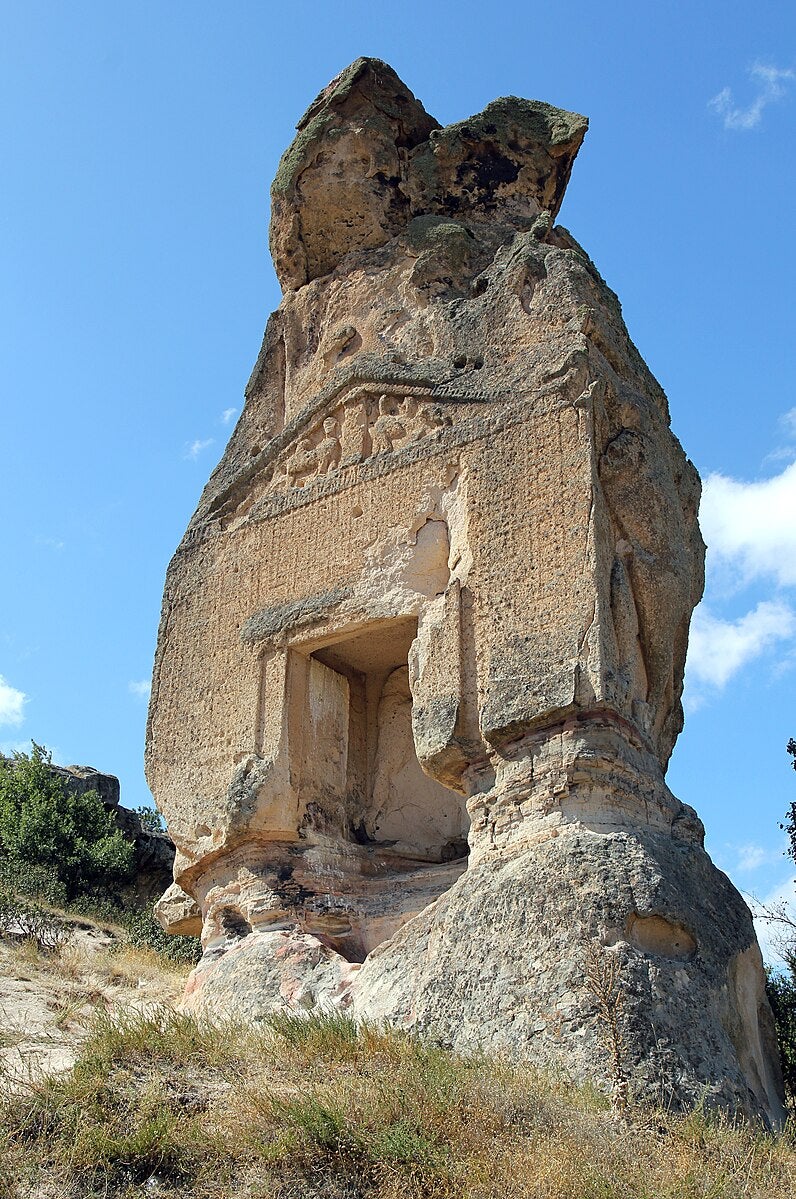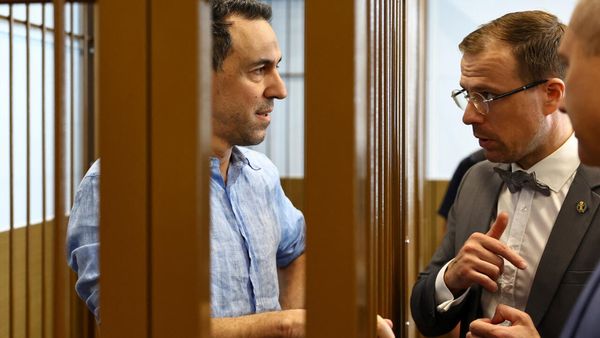Archaeologists have finally deciphered the meaning, long debated, of a text inscribed on an ancient Turkish monument.
The heavily damaged inscription, written in the Old Phrygian language, is carved into Arslan Kaya or “Lion Rock”, a 2,600-year-old monument in western Turkey that features sphinx figures and an image of the goddess flanked by lions.
Inscriptions on the structure, discovered in 1884, have been nearly erased by time and vandalism and scholars have been debating their meaning for more than a century.
Attempts in the past to read the main inscription revealed that only four of the letters were visible, with the remaining text mostly unintelligible.
Now, researchers have found that the inscription spells out the name “Materan”, a goddess revered by the Greeks as the mother of gods.
To read the text, researchers relied on mid-morning light. Shadows at this time highlighted the remaining traces and helped decode the letters of the inscription.

They compared their hypothesised inscription with old photographs of the monument from the 19th century and concluded that the text spelled out “Materan”, along with other characters commonly used in Phrygian inscriptions as word dividers.
In the Phrygian language, Materan refers to the mother goddess who was revered as the protector and central deity.
Based on some of the monument’s stylistic details, scientists dated the text to the first half or the middle of the sixth century BC.
This suggests that the Arslan Kaya monument was likely created at the height of the Lydian Empire, when it dominated the region alongside the eastern Turkish Phrygian Empire.
This was a time when Lydia, the originator of gold and silver coins, also revered the mother goddess.
The findings further support the cultural connection between the two empires and their shared worship of the mother goddess as an important deity, researchers said.







